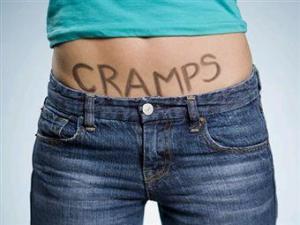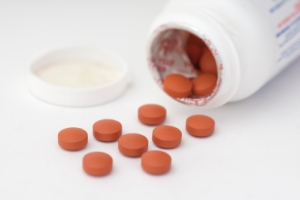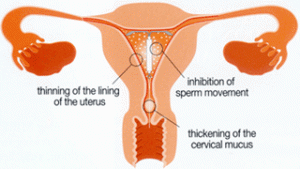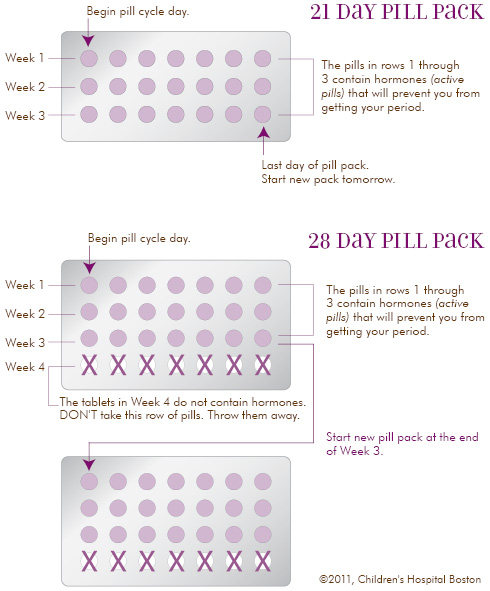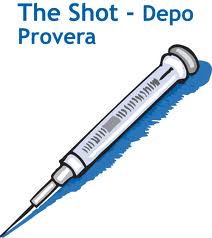Hi Shawna,
I feel like I have to pee all the time and when I go nothing happens except for a lot of pain and burning. What’s wrong?
-Anonymous
Hi,
Before I begin to answer your question you need to know that I cannot diagnose your problem via email (meaning I can’t tell you exactly what’s wrong). Only an in-person visit with a clinician can tell you what is going on. If you live in the Bay Area, give us a call at 415.502.8336 to schedule an appointment.
That being said, I can tell you that these symptoms are commonly associated with a urinary tract infection.What is a urinary tract infection?
A urinary tract infection, often referred to as a UTI, is an infection in any part of your urinary system (the part of your body that makes pee) — your kidneys, ureters, bladder and urethra. Most infections happen in the lower urinary tract system — the bladder and the urethra. The bladder is where urine is stored before leaving the body. The urethra is the tube that connects the bladder to the outside of the body.Check out the diagram below.
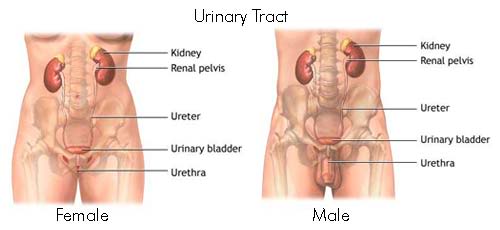 Although men can get UTI’s, it isn’t very common. That’s because the urethra, the tube that connects the bladder to the outside of the body, is shorter in women then it is in men making it much easier for bacteria (the germs that cause the infection) to travel from the outside of the body into the inside.
Although men can get UTI’s, it isn’t very common. That’s because the urethra, the tube that connects the bladder to the outside of the body, is shorter in women then it is in men making it much easier for bacteria (the germs that cause the infection) to travel from the outside of the body into the inside.
Most UTI symptoms include
- A frequent and strong urge to pee
- Despite the frequent and strong urge to pee, there may actually be little to no pee when trying to go
- A burning sensation when peeing
- Pee that appears cloudy
- Pee that appears red, bright pink or cola-colored — a sign that blood may be present in your pee (not a good thing)
- Strong-smelling pee
- Pelvic pain in women (lower abdominal/stomach area pain)
- Rectal pain in men (pain in the butt, literally)
It’s important to see a clinician right away if you are experiencing any of these symptoms because an untreated UTI can lead to more serious complications, like a kidney infection. Once a clinician diagnoses a UTI, antibiotics are given to clear the infection.
There are a few things you can do to prevent UTI’s and that includes wiping from front to back after using the bathroom. That will help prevent bacteria from the anus (butt-hole) finding their way into the urethra and into the bladder. Also, drinking plenty of water and peeing when you feel the need will flush bacteria from the bladder often and prevent them from multiplying and causing a problem. Lastly, for women, emptying your bladder right before and right after sex can really help reduce your risk of getting a UTI!
As always, let me know if you have any questions.
In happiness & health,
Shawna
Reviewed by Koher Der Simonian, MD

